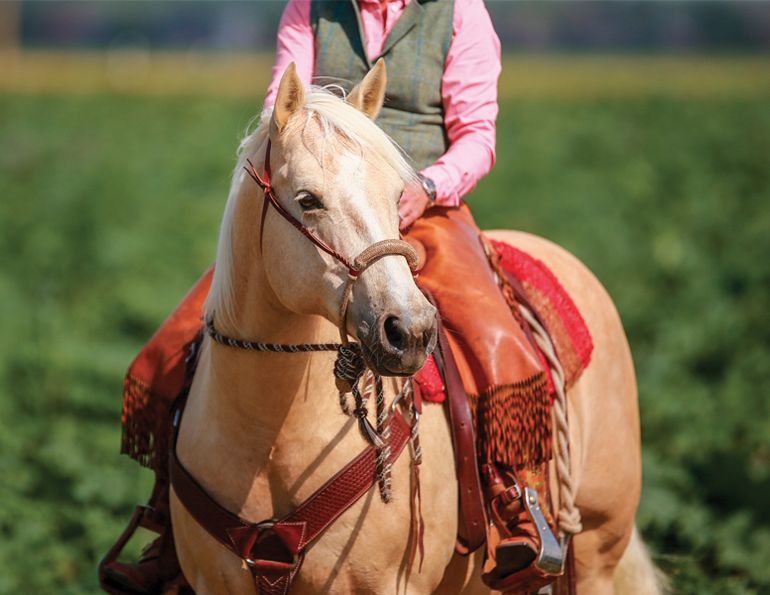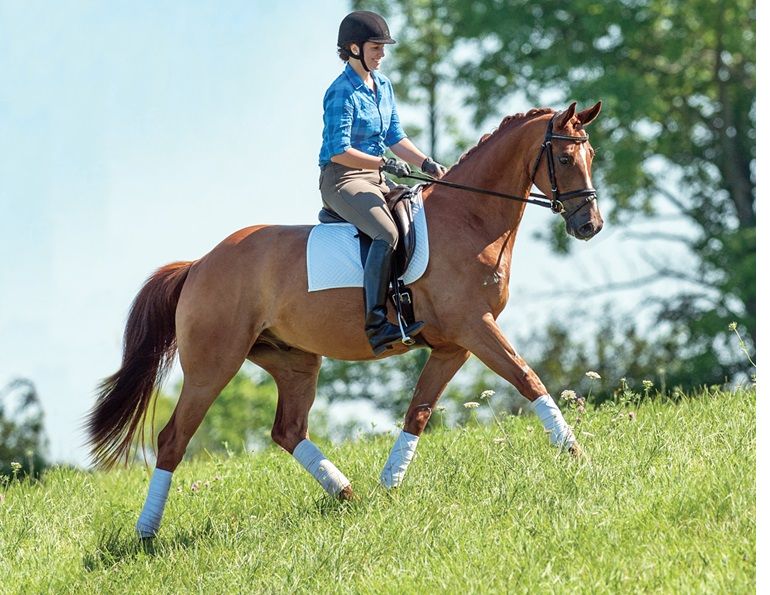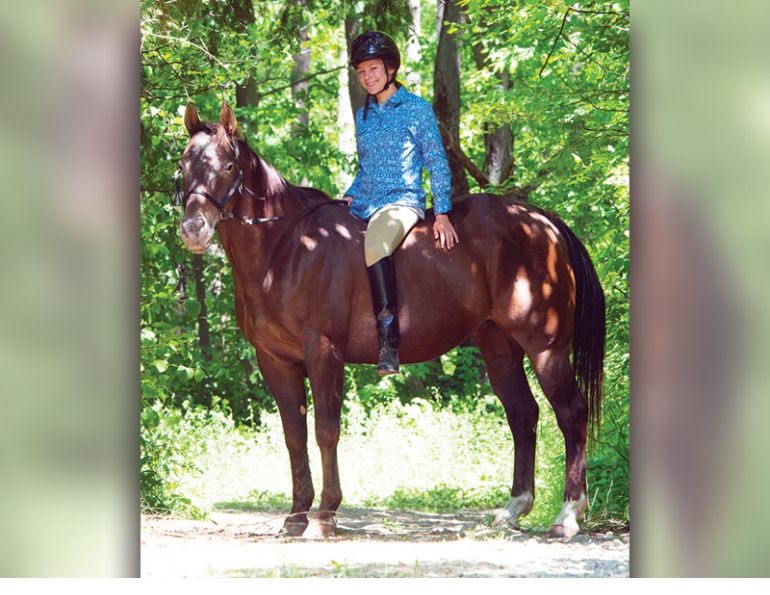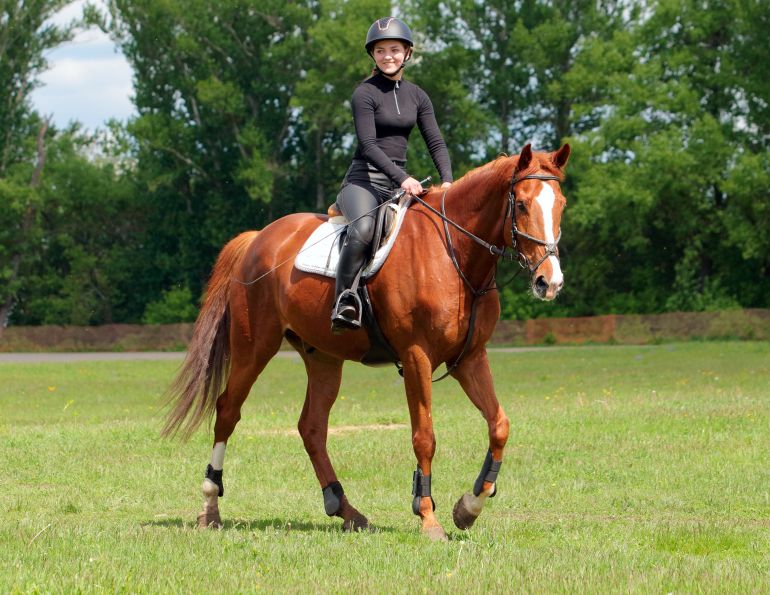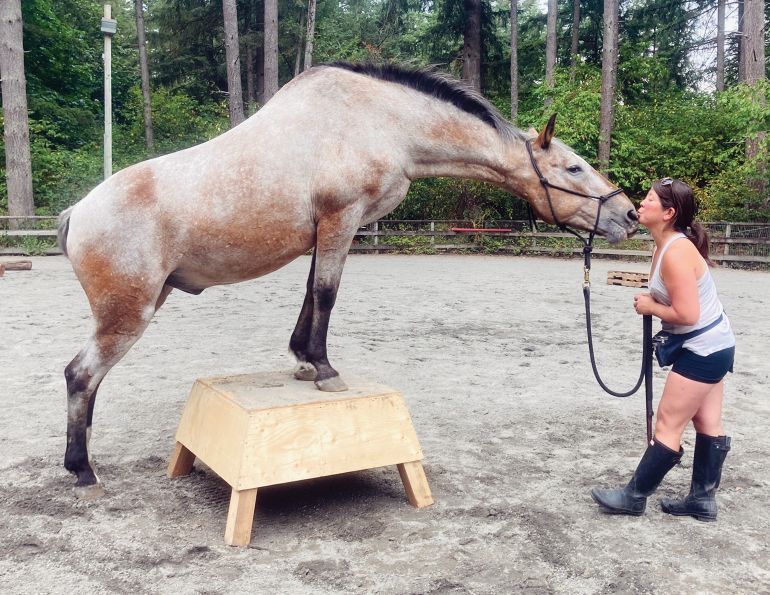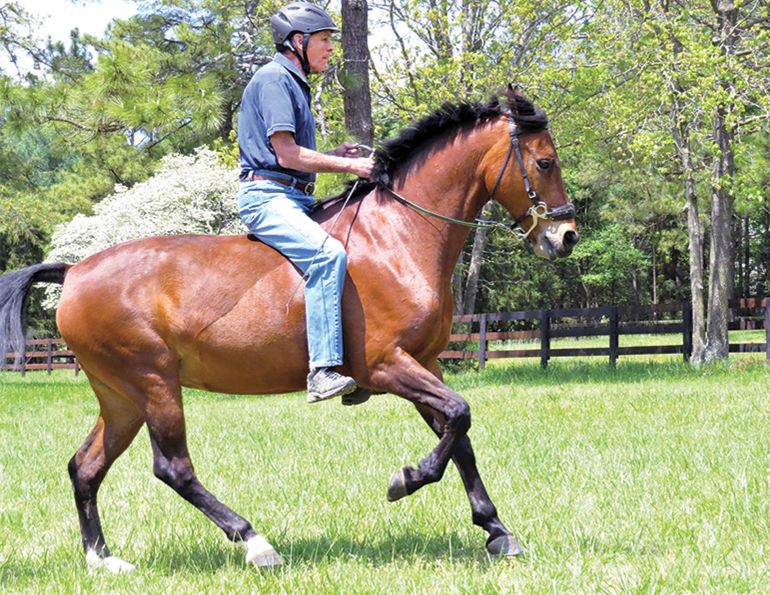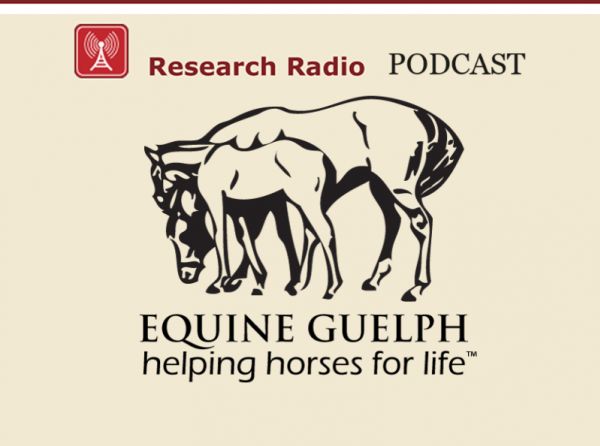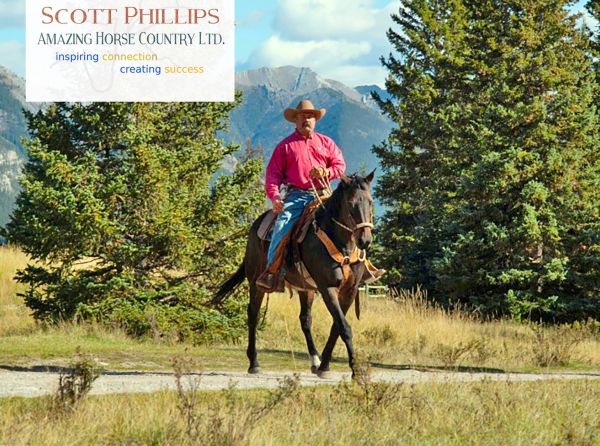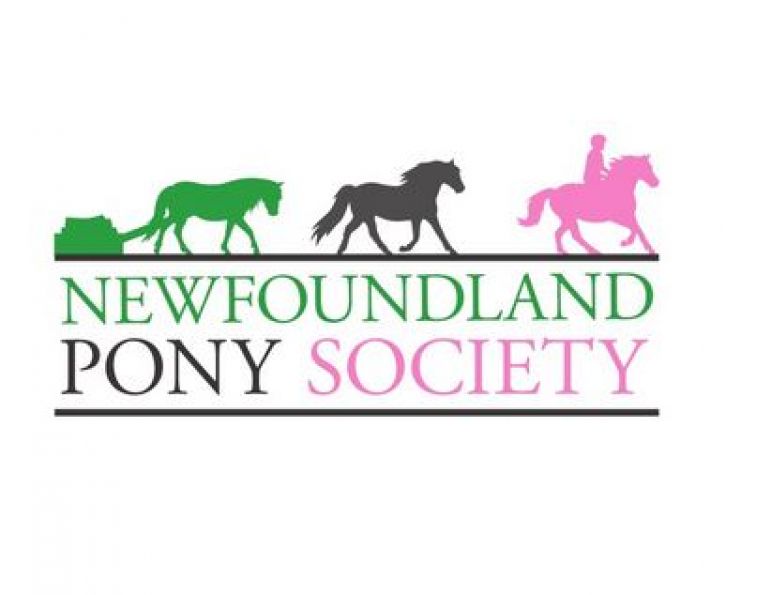What’s the Antidote?
By April Clay M.Ed., Registered Psychologist
We are inundated with images and stories of shaming these days. Some are humorous, some very hurtful.
Shaming is attempting to make someone feel pain and remorse for something they have done – or worse yet, for just being themselves. Shaming and blaming are close cousins. When you shame, you are also saying: You are the one who is responsible for the wrongdoing.

©iStockphoto/WillieRossin
Sure, there is also humorous and harmless horse shaming. We’ve all heard things like: “I poop in my water bucket every day,” or “I don’t play well with others,” when people pretend to speak for their horses. Then there’s the other kind of shaming, when a rider speaks openly about the shortcomings of their horse, or uses their inside voice to shame, blame, and complain about their mount.
There is very little evidence that animals feel shame for their actions, so if you engage in horse shaming, you are not likely to see any change or improvement as a result. But that doesn’t mean there are no consequences; rather, there could be very real consequences.
Whenever I hear a rider describe their horse in negative terms, or outright shame and name call, my ears perk up because this signals trouble in the partnership. There could be a variety of reasons for this behaviour such as fear being redirected as anger, perfectionistic expectations, or a general sense of helplessness that culminates in blaming.

As the team leader, the rider is responsible for problem solving. Rather than blaming the horse, think about the message the horse is sending and create a plan to solve the problem. Photo: April Clay
“As soon as you get to name calling your horse, all objectivity is lost,” says trainer Dustin Cossaboom, “and you can’t solve a problem from that place. Riders need to be able to deal with the situation at hand, and you can’t do that with a label generated by a negative expectation.”
Playing the blame game with our horses produces the same result as in our human relationships – it’s destructive and unproductive. It creates a negative inner thought pattern regarding your partner. Your expectation can become tainted and, ironically, help you bring out the worst instead of the best. You also end up putting yourself in a corner where you have limited control. If you don’t really believe you are responsible, your chance of having a successful outcome is significantly reduced.

Photos (above and below): Harmless horse shaming has no hurtful intent. Photo: April Clay

What is the antidote to shaming? Consider honouring your teammate by respecting his differences, working with his weaknesses, and capitalizing on his strengths.
This is exactly the approach rider Kelly McKnight took with his mare, Zan Chin. When they first got together, she was a bit of a puzzle. She was talented, but did not want to accept any pressure on her mouth. With much patience, Kelly eventually stumbled upon the answer – no bit. In fact, he shows her in a halter. He gets a lot of odd looks, but the pair’s performance soon silences doubters. Zan Chin has proved to be a top speed horse, most recently winning the 1.20 meter Open Speed Derby at the Golden Gate Classic in California.
McKnight had to really listen, observe, and recognize Zan Chin’s particular strengths in order to make the partnership successful. Another rider might easily have written her off, but his philosophy demonstrates a strong sense of responsibility and reverence for his mounts.
“Honouring a horse’s abilities and working around its weaknesses is our job as horsemen. Oftentimes, one tries to train the horse to do something for the rider’s benefit - and often we miss an opportunity to learn something new. Figuring out what a horse is capable of doing well and enjoying is our job. Helping a horse self-actualize is my goal.”
Horses may not speak our language, but they do respond to energy and everything else about the way we deliver our aids. Your mindset will come through. What message do you want to send?
The good news is that an approach such as McKnight’s is completely obtainable to any rider. It represents a psychologically based horsemanship skill that can be developed and is rooted in relationship skills of the human variety.

Horses may not speak our language, but they do respond to energy and everything else about the way we deliver our aids. Photo: April Clay
As the rider, you are the responsible one, the leader in this team. You chose this position; it was never up for debate. So if something is going awry, you need to take ownership of the problem. Don’t expect to never be angry or disappointed in your partner, but remember that labeling and blaming will leave you stuck in negative emotions. Encourage yourself to step back and separate emotion from behaviour. Be curious. Focus on understanding the message your horse is sending so you can respond accordingly. Come up with a plan and try it out, see where it leads. This kind of patient problem solving approach can take time, but the rewards, as in the case of Zan Chin, may be far greater than you imagined.
Strive to be your horse’s greatest advocate and fan. “Believe in your horse because he will know when you don’t,” is a mantra Calgary based coach, Trish Mrakawa, imparts to her riders.
After all, it is the same in any other pairs sport like tennis or figure skating. A belief in your partner’s strengths will raise your confidence as a team. To feel more at ease with himself and his task, your horse requires your support, not your judgment. You could say that a rider’s ability to connect with their equine partner is a direct reflection of their ability to connect with themselves. If you practice a more positive, appreciative approach to your horse, you may just learn to apply a similar approach to yourself. The end result will be a stronger team.

“Believe in your horse because he will know when you don’t.” – Trish Mrakawa.
Horse Honouring 101
How to Be Your Horse’s Biggest Fan
- Take responsibility for your communication. What message are you sending? Is your mindset “You disappoint me,” or “I have confidence in you”?
- Maintain a problem solving approach by isolating the problem behaviour and insuring you have a plan for change.
- Remove any negative references and labels relating to your teammate. Replace them with an acknowledgement of assets and special or unique abilities.
- What are your horse’s strengths? Identify which ones match best with your own – these you can truly celebrate and maximize by making them part of your team goals.
To read more articles by April Clay on this site, click here.
Main photo: ©Shutterstock/DmCherry







